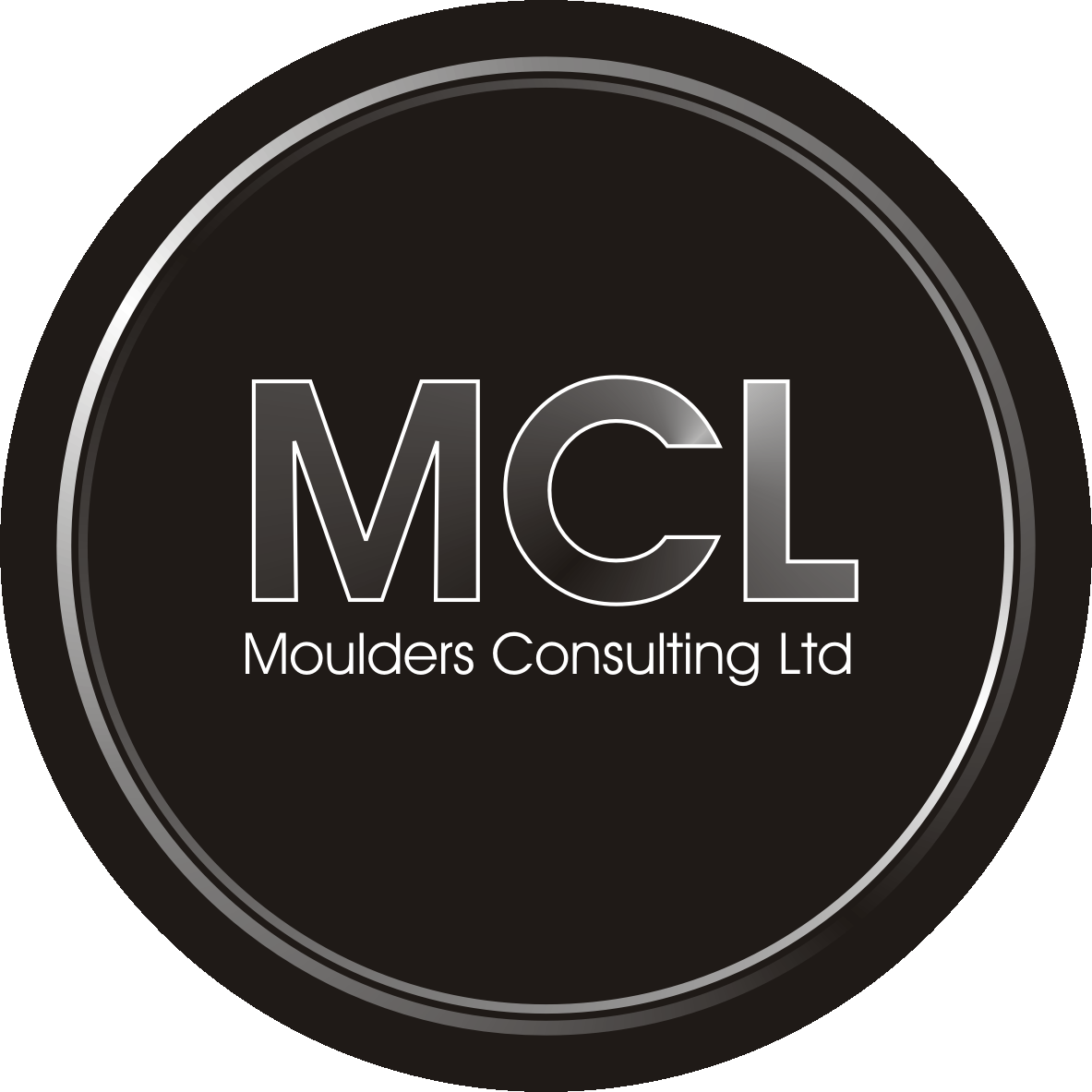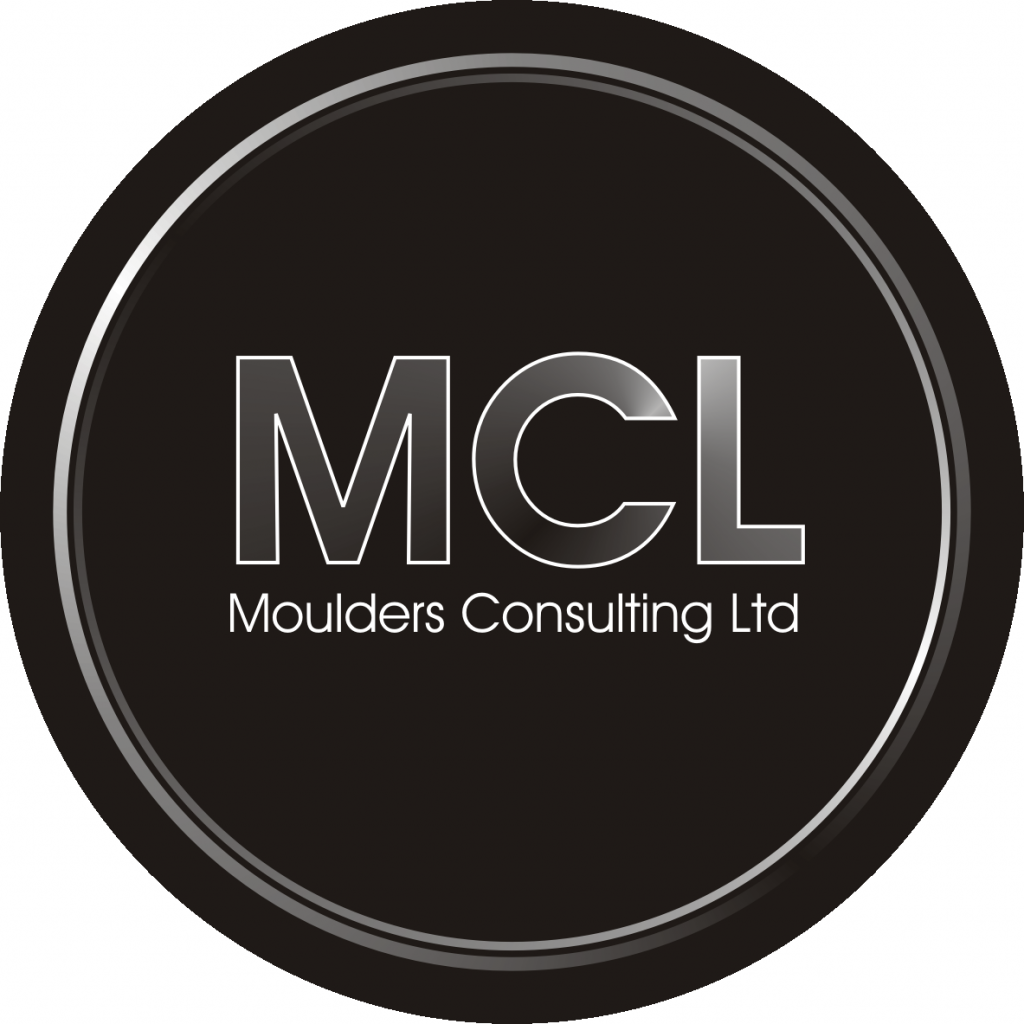Introduction:
As the plastic injection moulding industry navigates a complex business landscape, business owners contemplating retirement sales face specific challenges. A prevalent issue is the concentration of knowledge within a single owner or director, often without a comprehensive system in place to transfer this critical information seamlessly. This article explores the potential pitfalls of relying solely on individual expertise and highlights the indispensable role of an industry-specific Enterprise Resource Planning (ERP) system in safeguarding the value of a plastic injection moulding business during a sale.
I. Overreliance on Individual Knowledge:
In numerous plastic injection moulding companies, crucial operational insights and intricate knowledge reside primarily in the mind of the owner or director. This situation poses a significant risk during a potential sale, as the departure of this key figure can lead to a loss of vital information. The absence of a structured knowledge-sharing mechanism may result in operational disruptions, impacting the business’s appeal to prospective buyers.
II. ERP Systems as Knowledge Repositories:
Implementing an industry-specific ERP system acts as a crucial countermeasure to the challenges posed by knowledge concentration. These systems serve as comprehensive repositories, capturing and organising vital information related to manufacturing processes, supply chains, and quality control measures. By centralising this knowledge, ERP systems ensure a smooth transition in leadership and mitigate the risk of information loss during a retirement sale.
III. Seamless Transition of Operations:
Retirement sales demand a seamless transition of business operations, a task made arduous when critical knowledge is not systematically documented. An ERP system facilitates this transition by providing a structured framework for the dissemination of operational procedures, allowing new stakeholders to quickly comprehend and adapt to established workflows. This capability becomes pivotal in sustaining the business’s value and attractiveness to potential buyers.
IV. Demonstrating Operational Resilience:
Buyers are increasingly cautious about the operational resilience of businesses they are considering for acquisition. In the absence of an ERP system, a plastic injection moulding company may struggle to demonstrate its ability to withstand changes in leadership. An ERP system ensures that operational insights are not confined to a single individual, showcasing the business’s adaptability and resilience, which are key factors influencing a successful sale.
V. Long-Term Viability and Growth Potential:
Prospective buyers are not just interested in the present state of a business but also its potential for long-term viability and growth. An ERP system, by virtue of its ability to capture real-time data and support data-driven decision-making, positions the plastic injection moulding company as a forward-thinking and sustainable investment. This perception is instrumental in securing the confidence of potential buyers and enhancing the business’s overall value.
Conclusion:
In conclusion, plastic injection moulding companies contemplating retirement sales face a critical challenge in safeguarding knowledge concentrated within a single owner or director. The adoption of an industry-specific ERP system emerges as a strategic solution, providing a structured approach to knowledge management, ensuring operational continuity, and enhancing the business’s appeal to potential buyers. As businesses evolve, the implementation of ERP systems becomes not just a technological upgrade but a crucial element in securing the legacy and value of plastic injection moulding companies undergoing leadership transitions.








